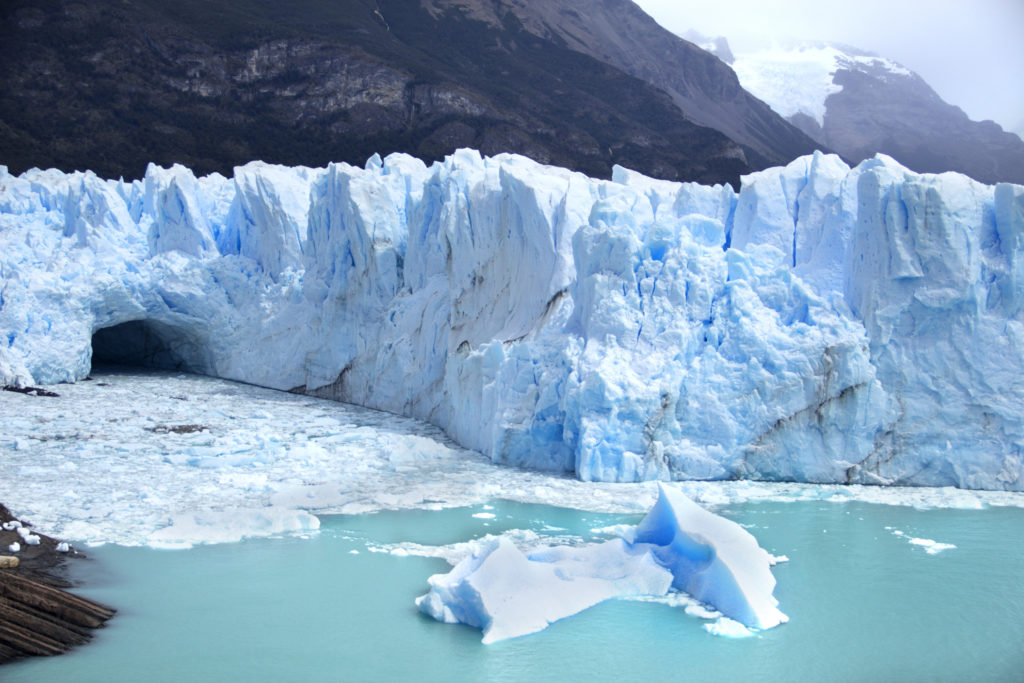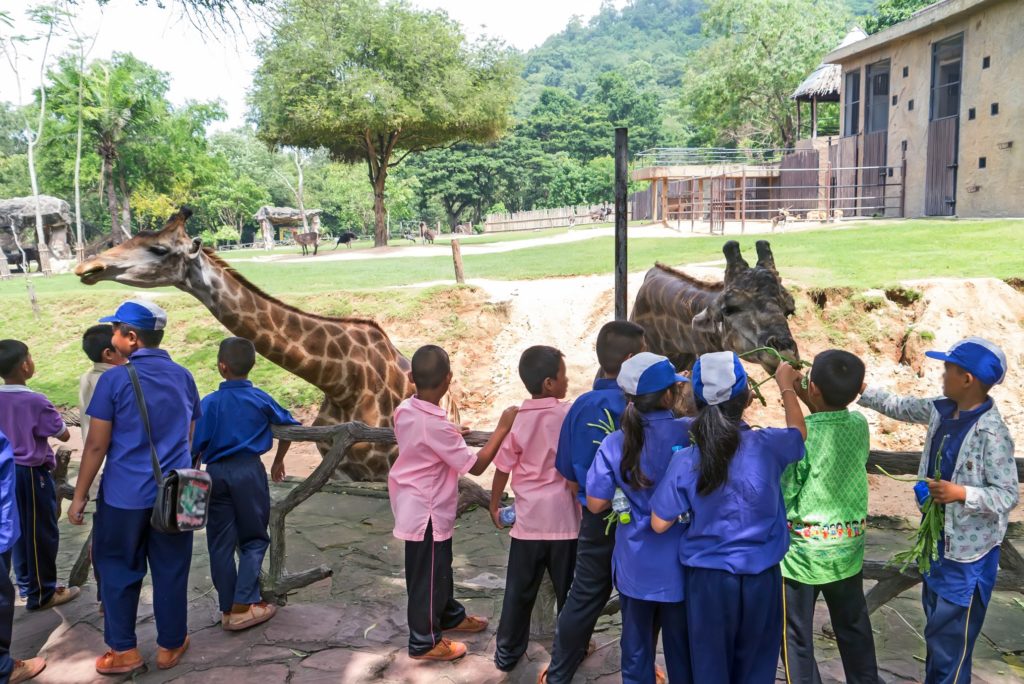What Is Climate Change?
Climate change is a term that refers to a long-term change in climate or average weather conditions. Climate change might describe a specific place or the planet as a whole.
Climate change links with severe weather occurrences such as higher frequency and more intense hurricanes, floods, downpours, winter storms, and expanding ocean waters due to rising temperatures. Climate change is causing drastic shoreline erosion, making coastal areas and small islands especially vulnerable to flooding and damage from storms.
The climate system is out of balance, which causes global warming. Natural or human-induced processes are to blame, or a mix of both. The atmosphere (air) is part of the climate system.
The evidence for rapid climate change is compelling.
It’s happening right now.
Humans cause climate change, and its effects are evident.

It’s no longer a question of debate. The greenhouse effect is genuine, and human activity is primarily to blame. Several climate scientists agree that climate change is authentic and that humans are the main drivers of climate change. The leading cause of climate change is human activity, like burning fossil fuels, natural gas, oil, and coal. Burning these materials releases what are called greenhouse gases into Earth’s atmosphere. These gases trap heat from the sun’s rays inside the atmosphere causing Earth’s average temperature to rise.
A warmer climate alters weather patterns in ways that can be dangerous and sometimes even deadly. When climate change makes the weather more extreme, we get more hurricanes, floods, downpours, and winter storms. These events can damage property, displace people, and cause loss of life. Climate change also threatens.
Global Temperature Rise
The natural greenhouse effect keeps Earth’s climate livable. Greenhouse gases like water vapor, carbon dioxide, methane, and ozone absorb heat radiating from Earth’s surface and re-emit some of it back to the ground, trapping heat in the lower atmosphere. This naturally occurring phenomenon makes Earth’s average temperature warmer than otherwise.

Human activity has enhanced the greenhouse effect, resulting in climate change. The leading cause of climate change is burning fossil fuels such as natural gas, oil, and coal. When we burn these materials for energy, we release greenhouse gases into Earth’s atmosphere. Greenhouse gases like water vapor, carbon dioxide, methane, and ozone absorb heat radiating from Earth’s surface and re-emit some of it back to the ground, trapping heat in the lower atmosphere. This process makes Earth’s average temperature rise.
Since the industrial revolution began in the 1700s, human activity has released enormous amounts of greenhouse gas.
Racial Disparities
Climate change exacerbates pre-existing social inequalities and injustices, including race-related ones. Racial disparities in climate change impacts arise from direct effects of climate change and indirect effects that operate through the socioeconomic context.
According to a study from the National Resources Defense Council, people of color are disproportionately affected by climate change because of factors such as housing instability, poverty, lack of transportation access, and hazardous jobs.
A study published in the American Journal of Public Health found that black Americans are more likely than white Americans to live in “heat-vulnerable” neighborhoods, defined as areas with a high density of buildings and a lack of green space.

A separate study found that Latino children are more likely to experience asthma attacks during heat waves.
There is also evidence that climate change affects mental health and that racial minorities are more vulnerable to the impacts of climate change on mental health.
A study published in the journal Nature Climate Change found that blacks and Native Americans reported the highest levels of climate-related anxiety among American adults. In contrast, Asians and Pacific Islanders reported the lowest levels.
Climate change is a significant threat to society that we must address. Climate change adversely affects racial minorities disproportionately. We must take action to mitigate climate change and its impacts on our most vulnerable populations.
People are experiencing climate change in diverse ways
Worldwide. The climate crisis results from years of environmental racism and exploitation of marginalized communities.
Climate change disproportionately affects Black, Indigenous, and people of color (BIPOC) communities. These groups are more likely to live in coastal areas susceptible to flooding or hurricanes. They also tend to work in jobs that put them at greater risk of exposure to air pollution and extreme weather conditions.

According to the National climate assessment, BIPOC communities will continue to be hardest hit by climate change unless we take action to reduce emissions and address social inequality.
Society can do many things to mitigate climate change and its effects on BIPOC communities. We need to transition to renewable energy, invest in
Climate Change Facts
- The climate crisis is an emergency caused by human activity.
- It’s a global problem that requires local solutions.
- Climate change disproportionately affects Black, Indigenous, and people of color (BIPOC) communities.
- BIPOC communities will continue to be hardest hit by climate change unless we take action to reduce emissions and address social inequality.
What You Can Do
- Advocate for policies that will help reduce greenhouse gas emissions.
- Call for investments in renewable energy and climate mitigation efforts in BIPOC communities.
- Educate yourself and others about the ways climate change is affecting different communities.
- Support grassroots organizations that are working on climate justice issues.

